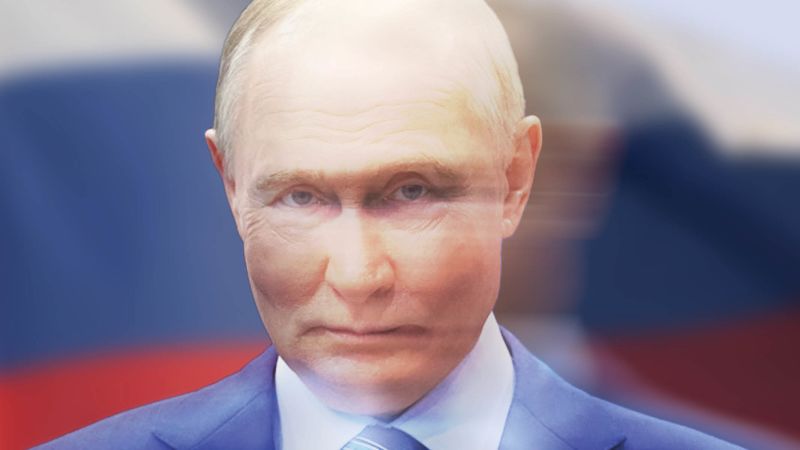US President Donald Trump's proposal that Ukraine should acknowledge Russia's control over Crimea, the southern Ukrainian peninsula annexed by Moscow over a decade ago, is challenging the established international norms.

Ukraine's President Volodymyr Zelensky has firmly stated that this is a non-negotiable issue for him.

Trump criticized Zelensky's stance, claiming it complicated efforts to resolve the conflict and asserting that Crimea was "lost years ago." This topic resurfaced in a recent Time magazine interview where Trump proposed that Crimea remains with Russia.

This disagreement between the two leaders has brought Crimea back into the spotlight. Here's what we know.
If the US were to recognize Russian sovereignty over Crimea, it would violate international law and contradict previous US commitments, including those made during the first Trump administration.
"From an international law perspective, such a declaration would hold no validity," stated Sergey Vasiliev, an international law expert and professor at the Open University in the Netherlands.
Recognizing Crimea as part of Russia would also breach the 1994 Budapest Memorandum, where the US committed to respecting Ukraine's sovereignty in exchange for Ukraine relinquishing its nuclear weapons.
In 2018, during the first Trump administration, then-Secretary of State Mike Pompeo reaffirmed the US' refusal to recognize Russia's claims over Crimea.
Carla Ferstman, a law professor at Essex University, suggested that US recognition of Russia's sovereignty over Crimea could bolster Moscow's argument that the 2014 referendum legitimized its claim, despite condemnation from Western nations.
Given the legal implications, it is unlikely that other countries would follow the US in recognizing Crimea as part of Russia.
The crisis in Crimea began after the 2014 protests in Ukraine led to the annexation of Crimea by Russia. The region has a complex history, having been part of various empires and under different rulers over the centuries.
Russia's actions in Crimea have been criticized for human rights abuses, with reports of unlawful detentions, torture, and forced assimilation into Russian culture. Many Crimean Tatars have fled the peninsula since the annexation.
Moscow has implemented policies to increase the Russian population in Crimea, leading to a significant influx of Russian citizens since 2014.
